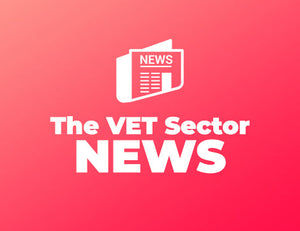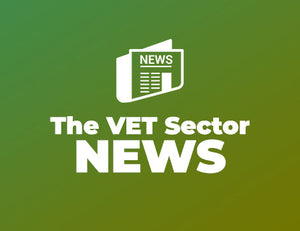
Effectively supporting the LLN requirements of your intended cohort
SUKH SANDHURegistered Training Organisations (RTOs) play a vital role in providing vocational education and training to learners from diverse backgrounds with various language, literacy, and numeracy (LLN) needs. Effectively supporting the LLN requirements of your intended cohort is a crucial aspect of managing a compliant RTO. This article will guide you through identifying areas of support using a diagnostic system, supporting learners with additional needs, addressing digital literacy, and maintaining compliance with regulatory bodies.
Understanding the Importance of LLN Support in RTOs
LLN skills are essential for learners to successfully complete their vocational training and transition into the workforce. RTOs are responsible for providing appropriate support to learners with diverse LLN needs, as it directly impacts their learning outcomes, employability, and overall well-being. ASQA has identified LLN support as a major area of concern in a number of RTO audits our team of experts have reviewed, as many RTOs have been found to neglect the support needs of their learners. Ensuring proper LLN support is not only a compliance requirement but also a vital aspect of promoting social inclusion, equity, and lifelong learning.
Identifying LLN Support Needs Using a Diagnostic System
A diagnostic system plays a crucial role in identifying learners' LLN support needs. RTOs should employ a comprehensive diagnostic assessment process during the pre-enrolment and enrolment phases to determine learners' LLN levels and support requirements. The diagnostic system should include:
- Pre-training assessments: Conduct assessments to gauge learners' existing LLN skills, prior knowledge, and learning preferences.
- Industry-specific requirements: Assess the LLN requirements for specific industries, job roles, and qualifications.
- Learner profiling: Collect relevant information about learners' backgrounds, cultural contexts, and experiences to better understand their LLN needs.
- Identifying barriers: Identify potential barriers to learning and develop tailored strategies to overcome these challenges.
- Ongoing evaluations: Continuously assess learners' progress and adapt support strategies as needed.
- Collaboration: Work with educators, support staff, and learners themselves to develop an accurate understanding of their needs.
Providing Tailored Support for Learners with Additional Needs
RTOs should develop and implement specific policies and procedures to support learners with additional LLN needs. These policies and procedures should address the following:
- Individualised learning plans: Develop customised learning plans based on the diagnostic assessment outcomes, considering learners' strengths and areas of improvement.
- Learning materials and resources: Provide accessible and inclusive learning materials that cater to diverse LLN needs, including easy-to-read texts, visual aids, and audio recordings.
- Teaching strategies: Employ a variety of teaching strategies to accommodate different learning styles, such as using real-life examples, problem-solving activities, and group discussions.
- Additional support services: Offer support services, such as one-on-one tutoring, mentoring, or study groups, to assist learners who require extra help.
RTOs must develop specific policies and procedures to address the identified LLN and digital literacy needs of their learners. These policies should include clear guidelines on:
- Identifying and documenting learners' needs.
- Providing appropriate support services and resources.
- Communicating with learners about their support options.
- Monitoring and evaluating the effectiveness of support strategies.
- Ensuring staff are aware of their responsibilities and adequately trained in providing support.
Internal and External LLN Support Resources
Your RTO should maintain a range of LLN resources to support learners effectively. These resources may include:
Internal points of contact: Designate staff members responsible for providing LLN support and guidance to learners.
External reading, writing, and numeracy services: Establish partnerships with external organisations that offer specialised LLN support services, such as adult literacy programs or community-based tutoring.
Online resources: Curate a collection of online resources, such as websites, tutorials, and apps, that learners can access to improve their LLN skills.
Addressing Digital Literacy for Online Courses
With the increasing prevalence of online courses, RTOs must also consider the digital literacy needs of their learners. Students with low digital literacy may struggle to navigate online platforms, engage with digital content, and participate in online learning activities. To address these challenges, RTOs should:
- Assess digital literacy: Include digital literacy assessments in the diagnostic system to identify learners who may require additional support.
- Provide support services: Offer targeted support for learners with low digital literacy, such as technology training, one-on-one support etc.
RECENT POSTS





